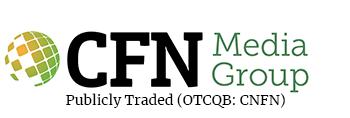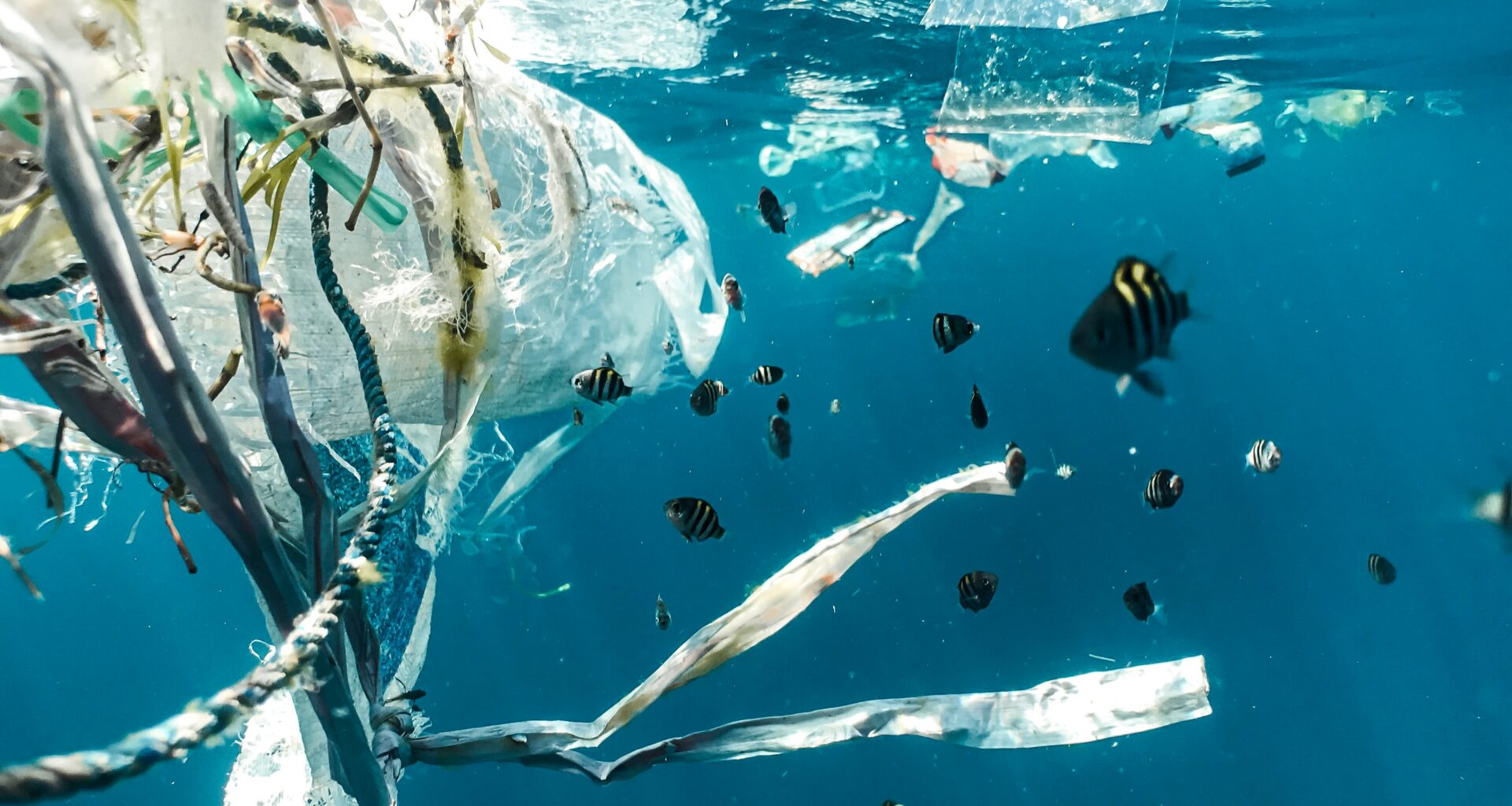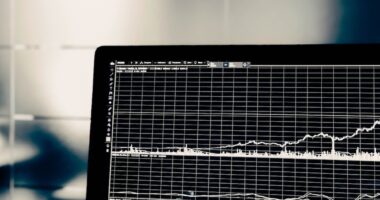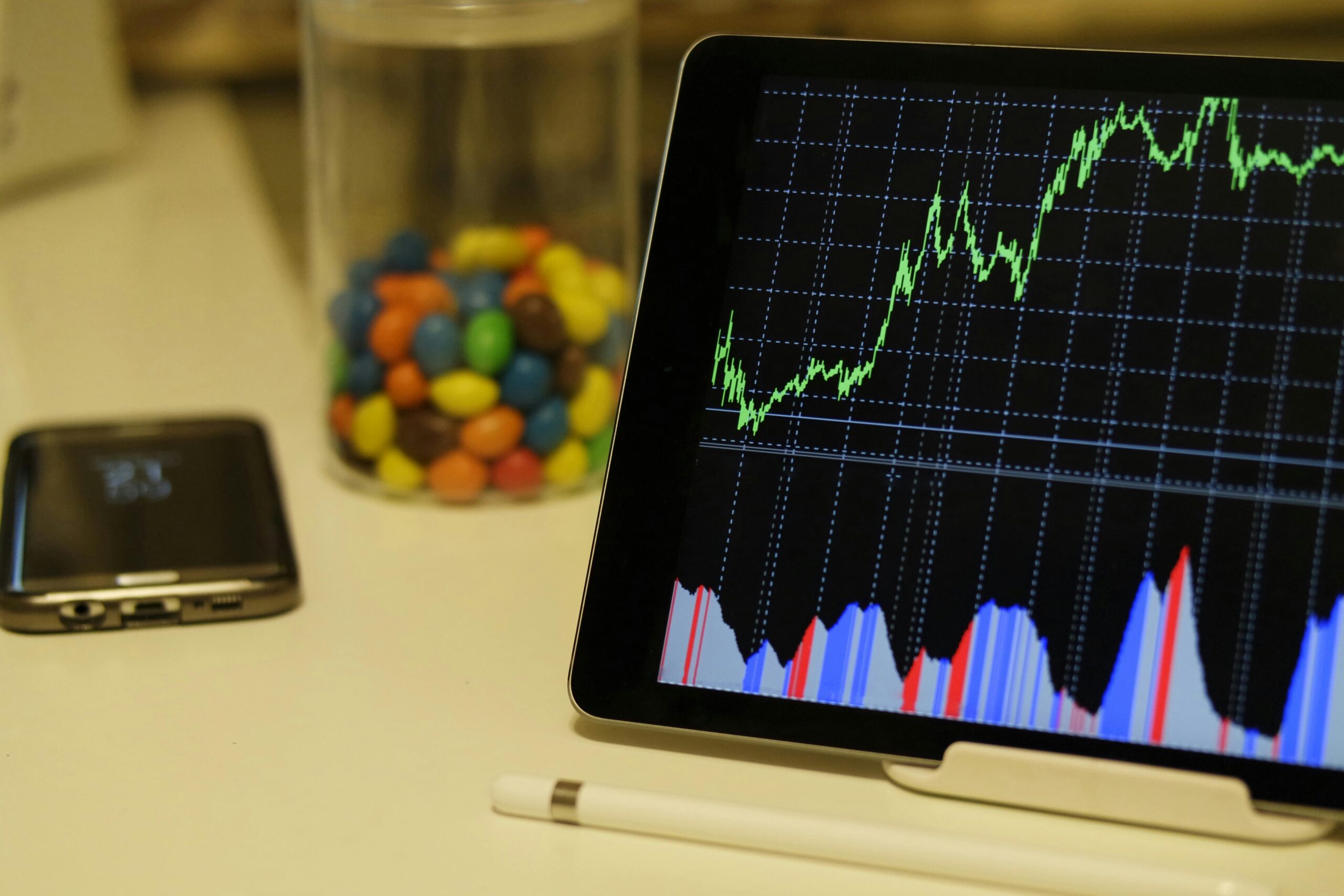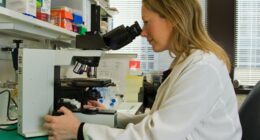Plastic recycling is broken, with only about 10% of the world’s plastic production actually being recycled. If a company developed a technology capable of efficiently recycling even a few of the types of plastics produced, the market opportunity would be enormous. Annual global plastic production now stands more than 450 million tonnes, and the projections are for continued steep growth in the industry.
When most people think of plastics, they think of bottles, styrofoam, packaging, and the like. Things with the #1 – #7 labels on them. Things that are supposed to be recycled but are often not. But there are other kinds of plastics that are intrinsic to industries including automotive, construction, wiring and cables, plumbing and more. These are called cross-linked polyethylenes (XLPE). The global market for them is estimated to be about $6 billion and is expected to double by 2032.
Current methods for recycling XLPE are challenging, and basically not done, due to technical and economic reasons. The cross-linked bonds in the materials are great for strength and durability but make the breaking of them very difficult and expensive. There is some promise in using XLPE in insulating foams, but that is hardly the large-scale comprehensive solution needed.
Aduro Clean Technologies Inc. (CSE: ACT) (OTCQX: ACTHF) (FSE: 9D50) has been testing and demonstrating a water-based chemical plastic recycling technology called Hydrochemolytic™ Plastic Upcycling (HPU). In anticipation of commercialization of the patented technology Aduro has been working with several multinational companies from across the plastic spectrum, from plastic manufacturers to packaging companies, to prove HPU’s effectiveness and to fine tune its processes.
Watch a deep dive into Aduro’s patented plastic recycling technology.
The XLPE Niche
One of these companies, all of which are anonymous at this point in the process, is a building materials manufacturer that provided XLPE from its waste stream so Aduro could test its ability to recycle the materials. The engagement was announced at the end of March. The results of the test, announced last week, were impressive.
Aduro was able to break down the complex polymers into broadly usable lighter hydrocarbons with up to 84% efficiency. These early results confirm the company’s general thesis that HPU can be used to effectively recycle a very wide range of plastic types. They also open the door for Aduro to target more industries than previously considered, including building materials, tire rubber, and elastomeric materials.
“This milestone confirms our preliminary assessment that we can provide customizable solutions tailored to industry specific requirements. We were able to transform XLPE waste into high-quality liquid hydrocarbons, with an impressive conversion yield, enhancing the material’s lifecycle and providing a reliable feedstock for refineries. This development addresses a critical challenge in the industry and opens new avenues for sustainable material management,” commented Eric Appelman, Chief Revenue Officer at Aduro.
These results show that HPU is able to break down XLPE into feedstock that can be used by refineries to produce other kinds of plastics, offering a more diverse solution than even the most promising current process which adds XLPE to insulating foams.
Aduro’s Path to Commercialization
The up-to 84% efficiency for XLPE recycling follows on the previously-reported up-to 95% efficiency in the recycling of polypropylene. As Eric Appelman put it, “Achieving less than 5% carbon loss to methane and char in our tests is not just a technical success; it’s a monumental step towards sustainable plastic management. This level of carbon recovery efficiency positions HCT as a pivotal technology in the fight against plastic waste and carbon footprint reduction.”
These results follow years of technical development in the lab and behind the scenes. Aduro is only recently, in the last year or so, actively engaging potential clients and unveiling its platform to industry groups, trade associations, and other scientists. The company’s Customer Engagement Program (CEP) utilizes a Continuous Flow Plastic Reactor unit that is the precursor of a commercial scale pilot facility. Aduro expects to begin pilot plant construction by the end of the year, using the data and learnings from the CEP to maximize the efficiency of the new unit.
From there, the company’s revenue model is based on licensing its technology to clients that will actually build the HPU processing facilities. Most current and even cutting edge plastic recycling is based on the idea of large facilities that cost a lot to build and rely on huge amounts of feedstock to make the economics work. This is a major reason why recycling is so limited in global scope, since shipping the materials to these centralized facilities is often neither practical nor economic. HPU can be utilized on almost any scale, from micro to macro, a feature which expands the technology’s applicable market.
What to Look For
Aduro is engaged with several large corporations across various aspects of the plastics industry through its CEP, and the efficiency results shared to-date represent just a fraction of the testing and fine-tuning the company has done. Aduro has said it would be publishing a more detailed report that will shed light on the scope of its technology and the effectiveness of HPU in upgrading a full range of feedstocks. It’s reasonable to anticipate that report in the near term. The company could be announcing more diverse participants in the CEP as well, as it has been doing for the last several months.
The biggest change in the status quo for Aduro could come in Q4 with the anticipated construction of the commercial scale pilot plant. The success of that unit will likely be the catalyst that pushes the company into full commercialization mode. The timing for Aduro seems promising, as 175 nations through the United Nations Environment Programme are set to finalize a legally binding international plastics treaty by year’s end.
Aduro Clean Technologies, the little Canadian tech company with a market cap in the neighborhood of $75 million dollars, looks like it is on the verge of disrupting several multi-billion dollar industries with a more efficient, cheaper, cleaner, and more diverse way of recycling plastics. This opportunity is well worth your attention and due diligence.
image sources
- naja-bertolt-jensen-BJUoZu0mpt0-unsplash: Photo by Naja Bertolt Jensen on Unsplash
